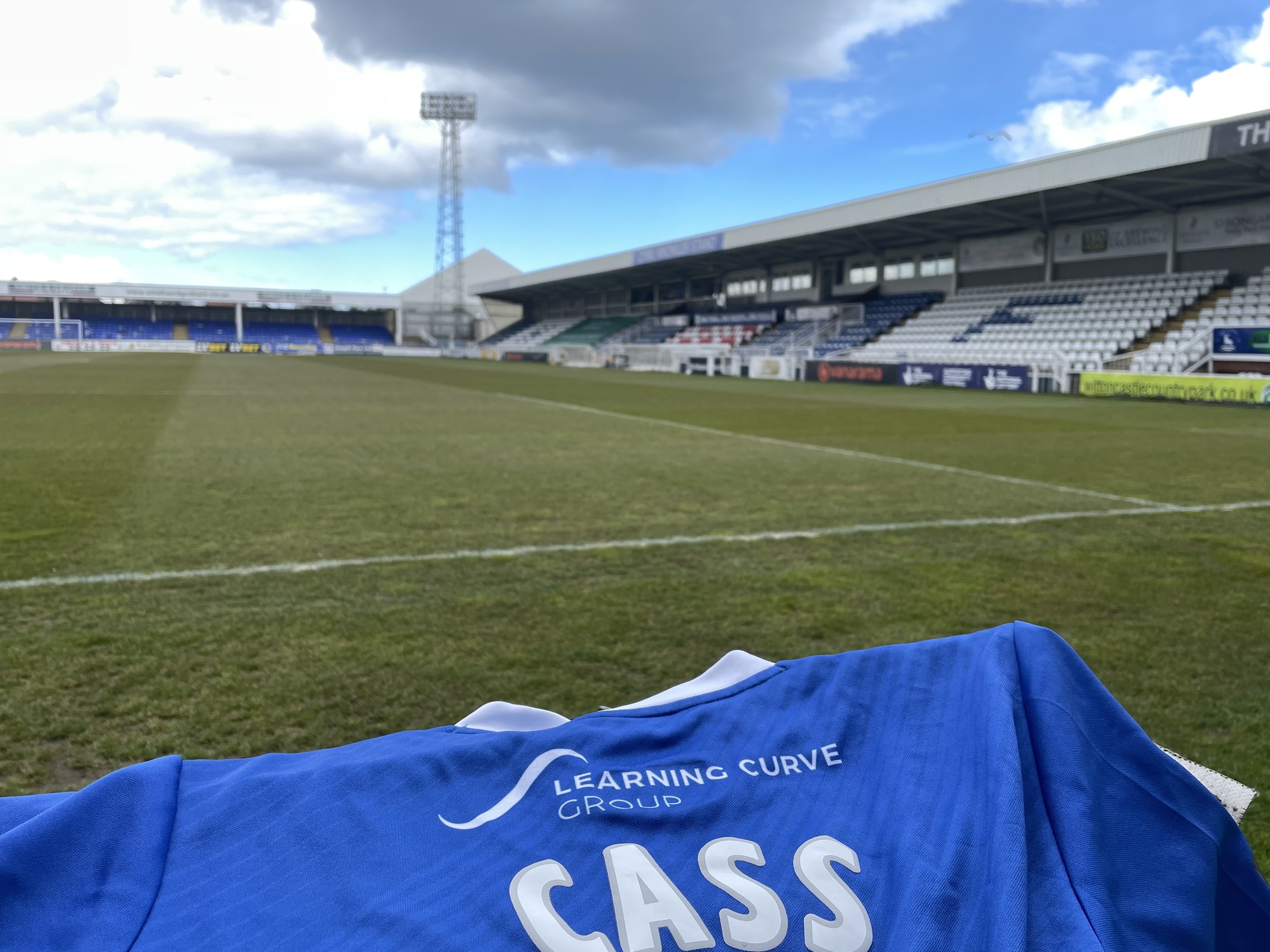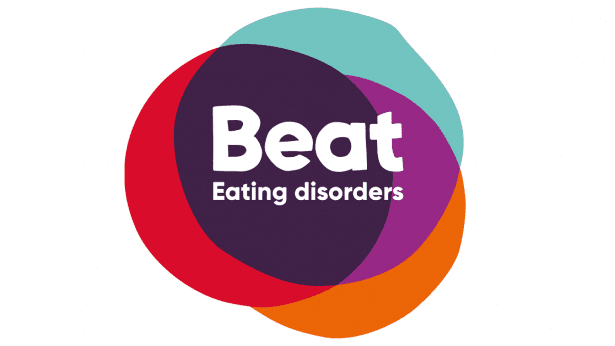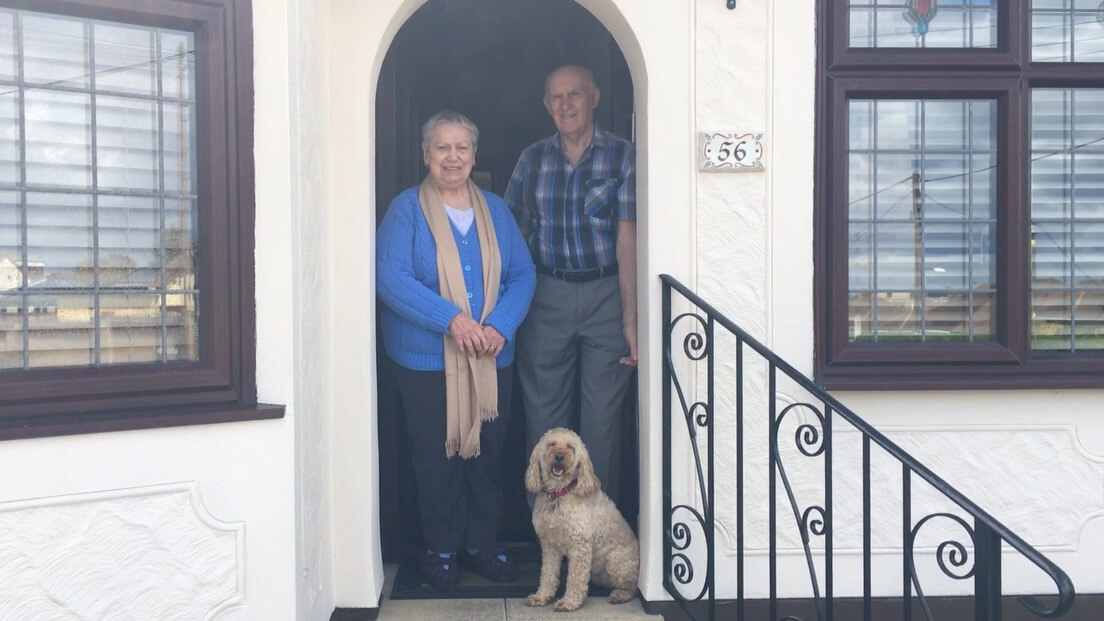
A mental health campaigner has spoken out about his experience of antidepressants, following the release of a new study by the World Health Organisation (WHO).
The study found that the number of children in the UK being prescribed antidepressants has increased by more than 50 per between 2005 and 2012.
Danny Bowman, a mental health campaigner from Alnwick, in Northumberland, said: “When I was fifteen, I was put on antidepressants while awaiting psychological treatment.
“I feel that [it] was not the right decision to give someone so young just tablets; I felt it made me more depressed.
“Antidepressants on their own are simply not enough.
“We need to listen to the research that says a combination of psychological talking therapies and medication produces the best results.”
However, a Sunderland student, who does not wish to be named, disagrees.
The 21-year-old said: “I was prescribed them at 15 due to severe anxiety and depression, caused by various factors.
“I was very resistant to getting help at all, I think partially due to the stigma still attached to mental health.
“At first I hated taking them but noticed changes very quickly and they helped to calm the anxiety down a lot while I learned coping mechanisms, which means I don’t need to take the medication at all anymore.
She added: “I think they are in some cases necessary, while psychological therapy is possibly the best option and teaches you to cope long term without the medication.
“It is not an option that is readily available a lot of the time, and it can take months or years to start to help.
“Medication, even though its not an immediate fix, it does help, possibly, when the months of a psychological therapy would take to work is not an option.”
After fears that antidepressants could lead to suicidal behaviour in young people, usage in Britain fell, but the study suggests there has been a resurgence in the UK.
WHO director of mental health Dr Shekhar Saxena said: “Antidepressant used among young people is, and has been, a matter of concern because of two reasons.
“One – are more people being prescribed antidepressants without sufficient reason?
“And second, can antidepressants do any major harm?”
Dr Sexena also said the organisation was worried that young people were being given drugs not licensed for under-18s.
The study, Trends and patterns of Antidepressant Use in Children and Adolescents from Five Western Countries, 2005-2012, is published in the European Journal of Neuropsychopharmacology.
In the period examined, there was a 54 per cent increase in the number of young people prescribed antidepressants in the UK.
The National Institute for Health and Care Excellence (NICE) guidelines say the drugs should not be used to treat mild depression in children.
Even when they are used to treat a child with moderate to severe depression, they should not be used except in combination with a concurrent psychological therapy.
Dr Maureen Baker, chairwoman of the Royal College of GPs, said antidepressants would rarely be the first treatment option for children and young people.
Dr Baker added: “But with such long waits for patients to see a specialist or to get a psychological therapy referral, drug therapy is sometimes seen as the only option for GPs to best support patients, who may be in extreme distress, and their family.
“We have been recommending for some time that in future, as part of an enhanced four-year training programme, all GP trainees should receive specialist led training in mental health and child health.
“These measures truly would help to ensure that our young patients with mental health conditions receive the most appropriate treatment, and the same level of care as those with physical health problems, wherever in the country they live.”



